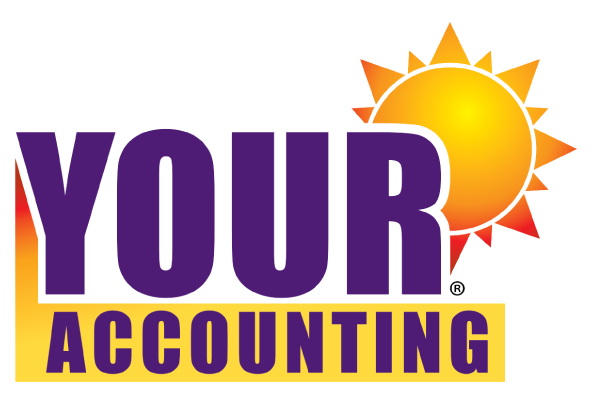Managing finances is a critical aspect of running a successful small business. As your business grows, the need for accurate and organized financial records becomes even more important. This is where a bookkeeper or accountant comes in handy. By working with these professionals, you can ensure your financial records are well-maintained and compliant with legal and regulatory requirements. To facilitate efficient financial management, it is essential to provide your bookkeeper or accountant with the necessary documents. In this blog post, we will discuss the types of documents that small businesses should provide to their bookkeeper or accountant.
- Income Documents:
Provide your bookkeeper or accountant with all documents related to your business income. This includes sales invoices, receipts, and records of cash transactions. If you operate online, you should also provide them with data from your e-commerce platforms, such as sales reports and transaction details. Additionally, include copies of any contracts or agreements related to income sources, such as partnership agreements or lease contracts.
- Expense Receipts:
Maintaining accurate records of your business expenses is vital for tax deductions and financial analysis. Collect and provide all receipts, invoices, and bills related to your business expenditures. These can include office rent, utility bills, equipment purchases, inventory costs, employee salaries, marketing expenses, and travel expenses. Organize these documents by category to simplify the bookkeeping process.
- Bank and Credit Card Statements:
Hand over copies of your business bank statements and credit card statements. These documents provide a comprehensive record of all financial transactions and can serve as supporting evidence for the accuracy of your financial records. It is important to provide statements for all business accounts, including checking accounts, savings accounts, and credit cards.
- Payroll Information:
If you have employees, your bookkeeper or accountant will need payroll information to accurately calculate taxes, deductions, and withholdings. This includes employee records, such as W-4 forms, payroll registers, and timesheets. Make sure to include any relevant documentation for employee benefits, such as health insurance and retirement plans.
- Tax-related Documents:
To ensure compliance with tax regulations, provide your bookkeeper or accountant with relevant tax documents. This includes copies of previous tax returns, tax identification numbers, and any correspondence with tax authorities. If your business is subject to sales tax, provide sales tax returns and related documentation as well.
- Legal and Corporate Documents:
Include copies of legal and corporate documents that are relevant to your business’s financial activities. This may include business licenses, permits, articles of incorporation, partnership agreements, and any other legal agreements or contracts. These documents help your bookkeeper or accountant understand the legal structure of your business and ensure compliance with applicable laws and regulations.
Collaborating with a bookkeeper or accountant can alleviate the stress of managing your business’s financial records. By providing them with the necessary documents, you enable them to accurately track your income, expenses, and other financial transactions. This helps ensure compliance with legal and tax requirements while providing you with valuable insights into your business’s financial health. Remember to organize and maintain these documents in a systematic manner for easy access and retrieval. By working closely with your financial professional, you can stay on top of your small business’s finances and focus on its growth and success.

Recent Comments